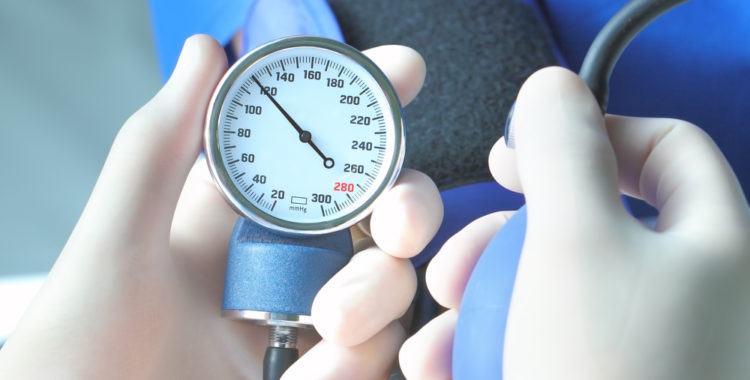Blood Pressure Information Everyone Should Know
Blood pressure is something every human, who’s alive, has. So, isn’t it something that everyone should know about? Staying up to date with blood pressure information can help to prevent further medical problems and monitor your own health. Learn more about blood pressure and the risks that having high or low blood pressure can have. And, maybe the information will come in handy someday!
What is Blood Pressure, Anyway?
Most people know that high blood pressure can lead to health issues like heart disease and stroke. But, it’s common to have some confusion about what blood pressure actually is. Blood pressure is a vital sign that is most commonly checked by a doctor to evaluate a patient. The heart pushes blood throughout the arteries of the body. And, when this happens, the blood presses against the walls of the arteries. This is known as blood pressure. High blood pressure is determined when the heart beats more often to fill the arteries and/or arteries are restricting proper blood flow from high cholesterol levels.
Measuring Blood Pressure
Blood pressure is recorded as two separate numbers. These numbers are known as diastolic and systolic. The systolic number, listed above the diastolic number, records the pressure of your arteries when your heart beats. The diastolic number, listed below the systolic number, records the pressure of your arteries when your heart’s not beating.
Your blood pressure isn’t always the same. It can even change with each moment. A number of things may determine why your blood pressure has changed, even the time of day. But, there are normal blood pressure readings and those which are considered high.
Normal Blood Pressure: systolic < 120 mmHg and diastolic < 80 mmHg
At Risk Blood Pressure: systolic between 120–139 mmHg and diastolic between 80–89 mmHg
High Blood Pressure: systolic > 140 mmHg and diastolic > 90 mmHg
Symptoms of Experiencing High Blood Pressure
For the most part, people who experience high blood pressure don’t really experience any symptoms of the condition. That’s because in most cases, high blood pressure leads to another medical issue. So, it’s a red flag that may help to prevent further health issues like heart attack or stroke. While most people discover they have high blood pressure from a reading performed by a nurse or doctor, there are some who discover they have high blood pressure by experiencing symptoms. These may include headaches, dizziness, and nosebleeds.
Who’s at Risk for High Blood Pressure?
There are a few things that may determine if you may be at a higher risk for high blood pressure which may include:
Family History: It has been proven that an individual with immediate family who have been diagnosed with high blood pressure has an increased chance of developing high blood pressure him or herself.
Race: A high percentage of individuals of the African descent in America have been diagnosed with high blood pressure. So, it’s believed that race plays a factor in risk for high blood pressure.
Age: Anyone over the age of 50 has an increased risk of developing high blood pressure. This is one of the reasons it’s so important to maintain health as we get older.
Lifestyle: The decisions you make on a daily basis can most definitely determine your risk for high blood pressure. Smoking tobacco, eating too much salt, drinking too much alcohol, not consuming enough potassium, and stress can play a major role in your blood pressure numbers.
Medication Blood Pressure Information
Usually, blood pressure medication is prescribed by a doctor. If you’re looking for more blood pressure information about what medications you should be taking, you need to ask your doctor. Only you and your doctor can determine which methods of treatment are best for you. But, if you already have a blood pressure medication prescription, you can start looking for blood pressure information about how you can save money! Medications can get expensive. Especially if you don’t have prescription insurance coverage. That’s where we step in at Advocate My Meds. Not only do we provide blood pressure information and other news, but we help to discount prescription medications through our patient assistance programs. To see if you qualify, visit our website or give us a call today at 877-596-1604.







